That was more like it. The 2024 edition of the Paris motor show felt comfortable in its own skin, not trying to be too big or apologising for who wasn't there, rather embracing the brands that were there and fitting them into the right space accordingly.
Any talk of the demise of the motor show is counterintuitive: the more they get talked down, the less likely the are to survive and the less opportunity the industry gets to come together with the latest cars and people who've made them.
Still, the 2022 Paris show felt so small and apologetic that it could have brought the whole concept of a motor show down with it – something that was also true of the returning (but now axed) Geneva show earlier this year. The fact that French president Emmanuel Macron turned up in 2022 felt the biggest news draw of the day.
Thankfully, the 2024 edition was far more uplifting, building on the busy feel of the 2023 Munich show with which Paris now alternates. Even Tesla turned up. Macron did again, too, but this time just seemed to get in everyone's way by constantly closing stands he wanted to visit.
After carrying the candle for both Paris 2022 and Geneva 2024 almost single handedly, the Renault Group went big again in its own backyard with significant unveilings from Renault, Dacia and Alpine.
The Renault 4 will look to follow the 5 as a successful retro reinvention; Alpine will at last go from being a model to a brand with the A390; and Dacia will look to conquer the C-segment in the way it has the B-segment with the Bigster.
Yet for once Renault wasn't alone. Stellantis brands Peugeot, Citroën and Alfa Romeo all had a significant presence at the show, too, yet it was their new sibling brand Leapmotor that got most of the attention. If you can't beat Chinese companies at making low-cost electric cars, then why not buy one?
It's a clever play from Stellantis, and outgoing CEO Carlos Tavares seemed like a man with a bit less on his shoulders than normal in his address at the show, the China 'threat' to Stellantis that two years ago felt like an existential crisis having been solved in an innovative way.
Volkswagen Group brands Audi, Skoda and Volkswagen all had stands, albeit run by French local representatives rather than head office. Such a technicality wouldn't bother paying punters: the latest models were all there.
BMW Group brand Mini displayed its new John Cooper Works models, too.
Several Chinese car makers were in attendance. BYD remains the best known and most credible for export and unveiled its Sealion 7 SUV. Tavares was the first person of the day to visit the BYD stand, doing so before the show had opened to the public; it remains the brand the established car makers want to know the most about.










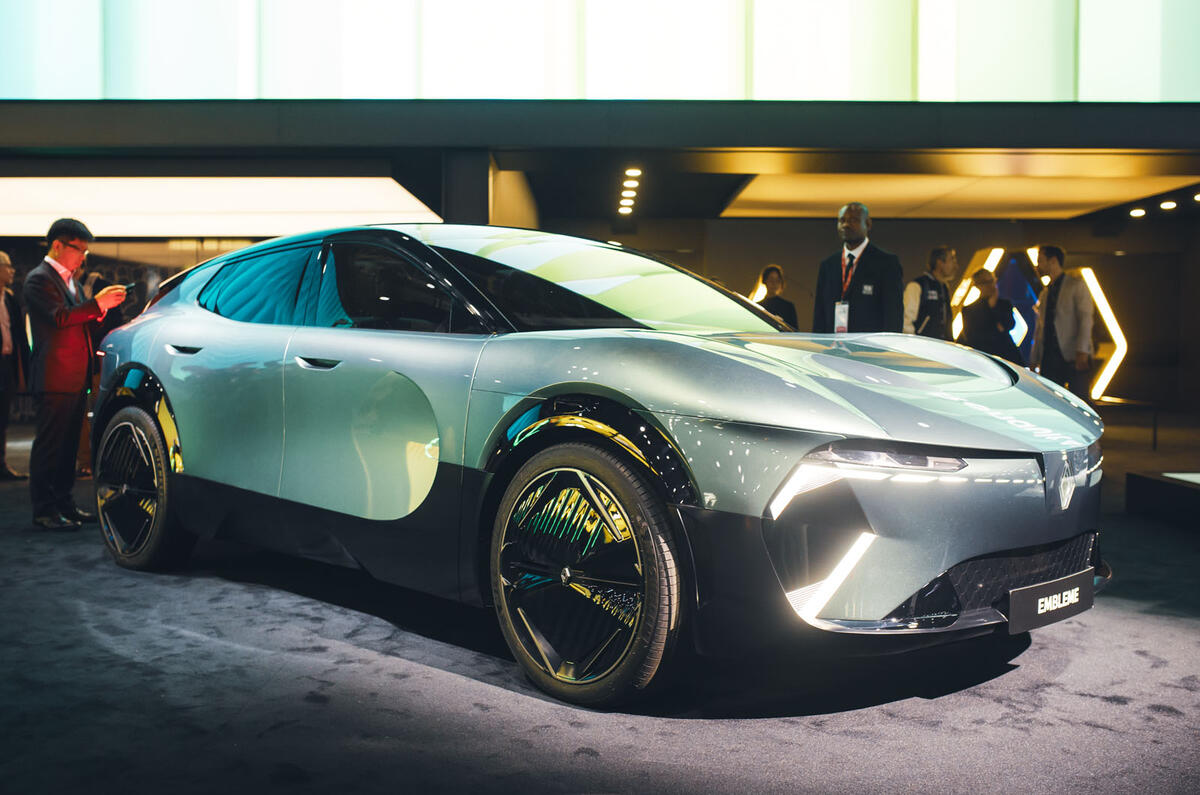


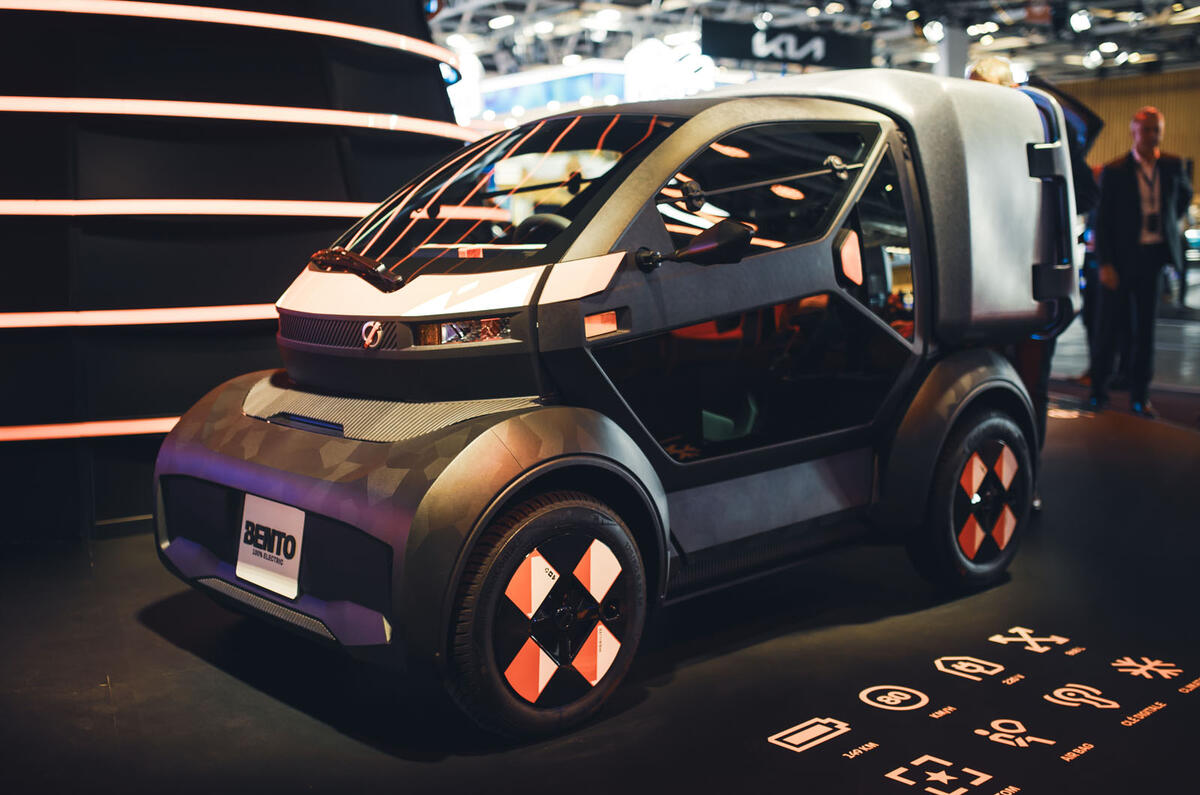










































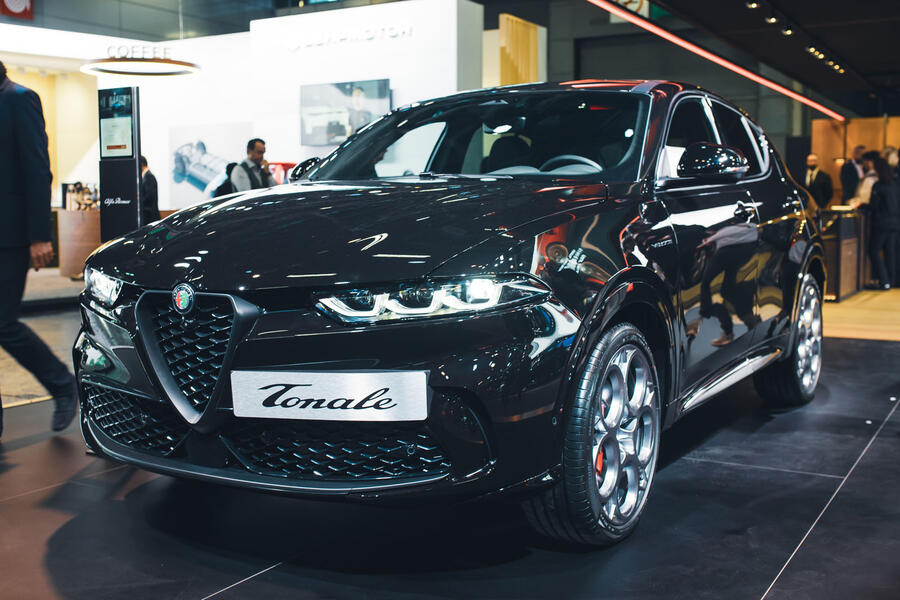
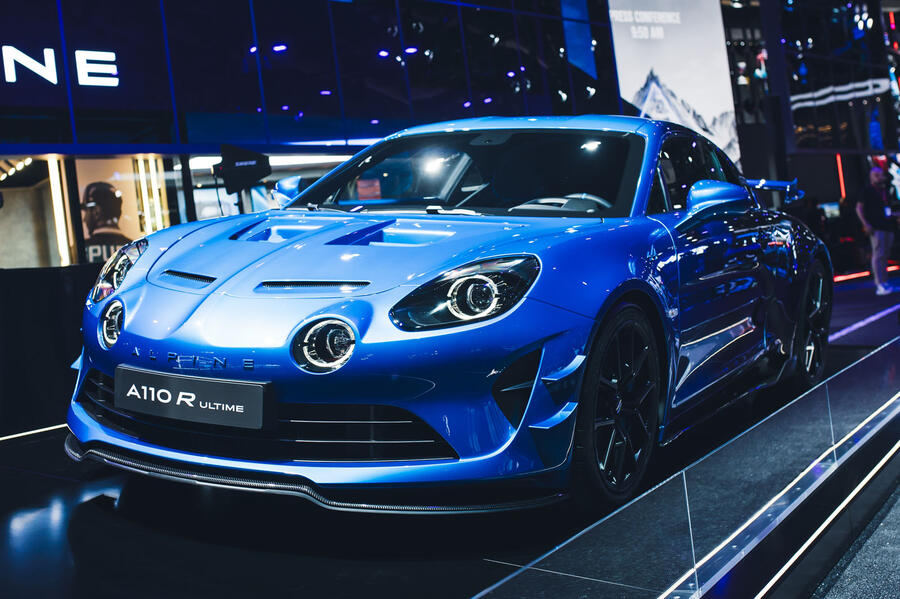
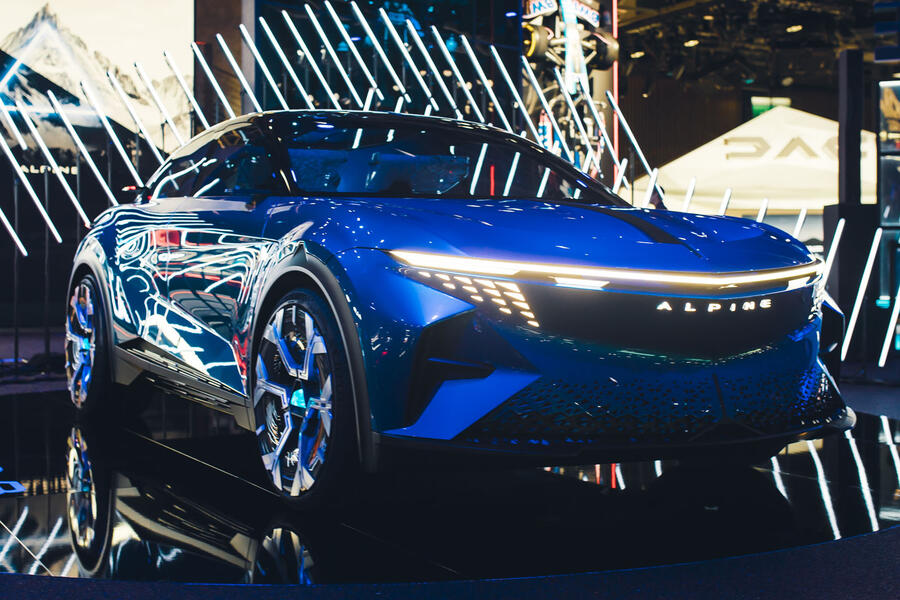

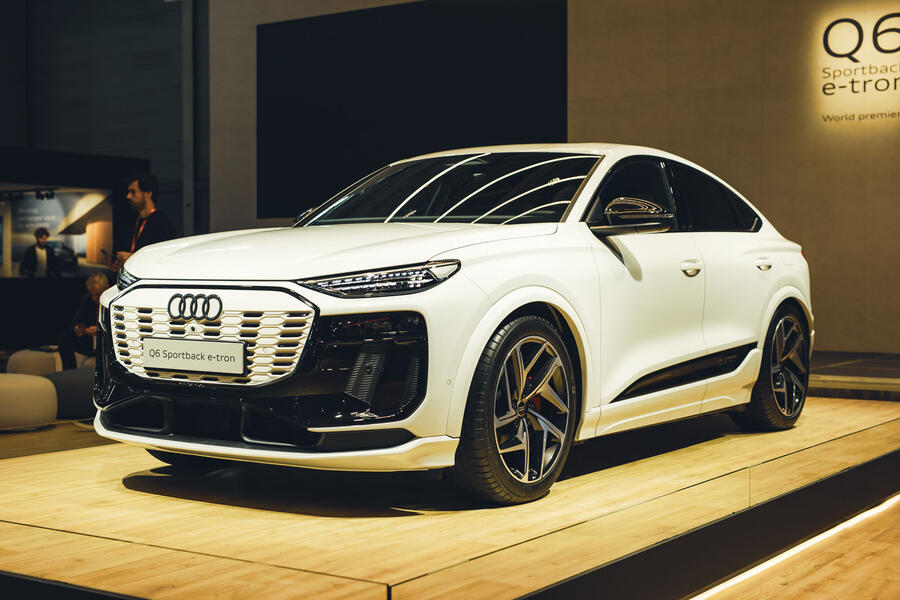
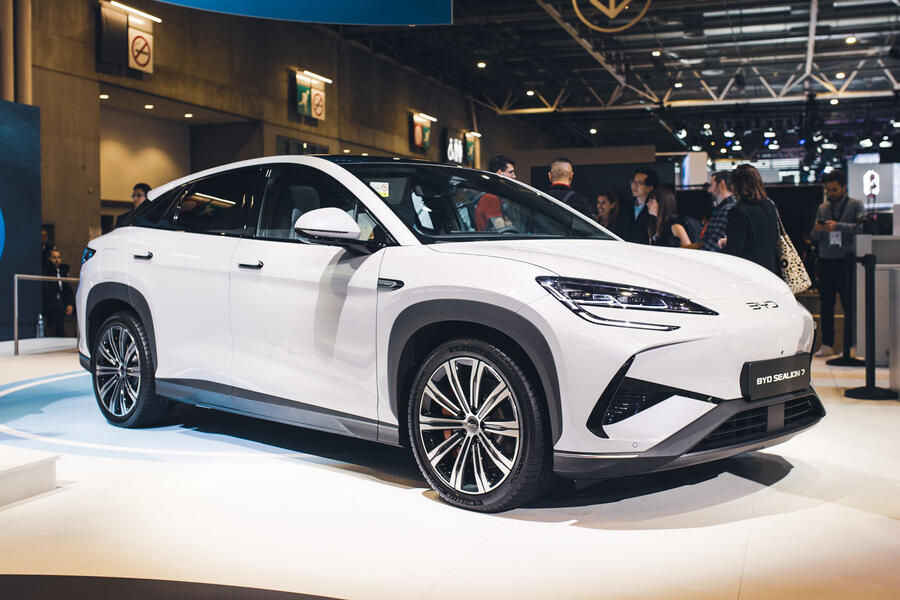

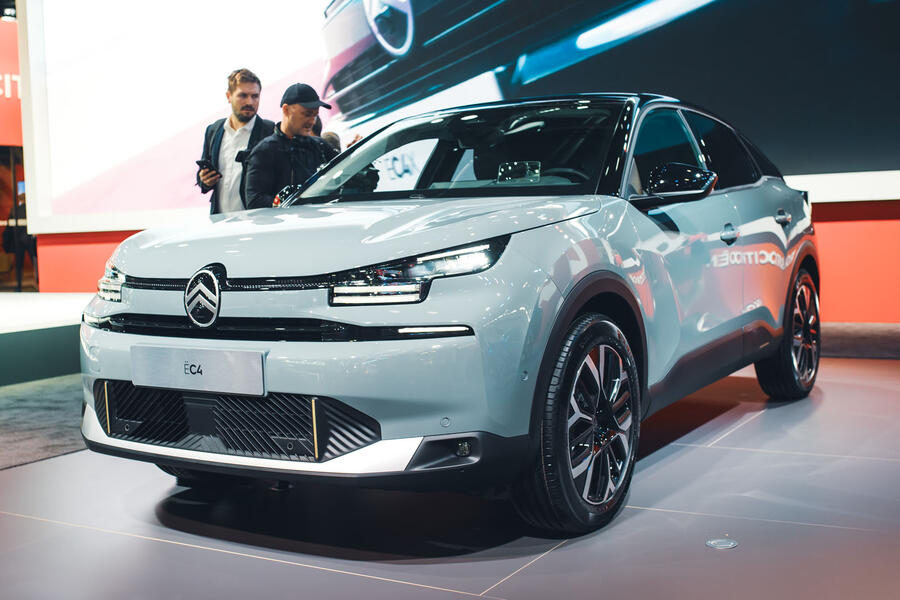
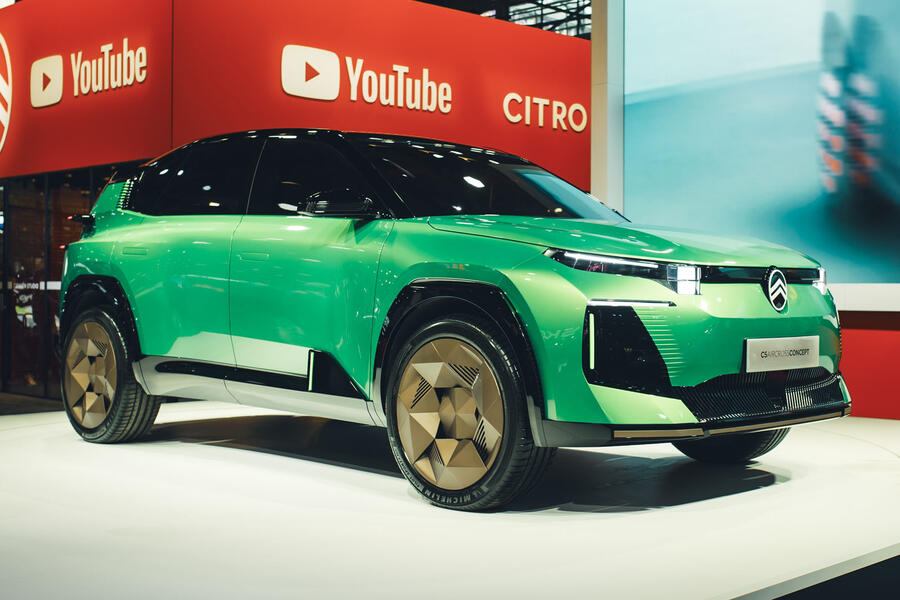
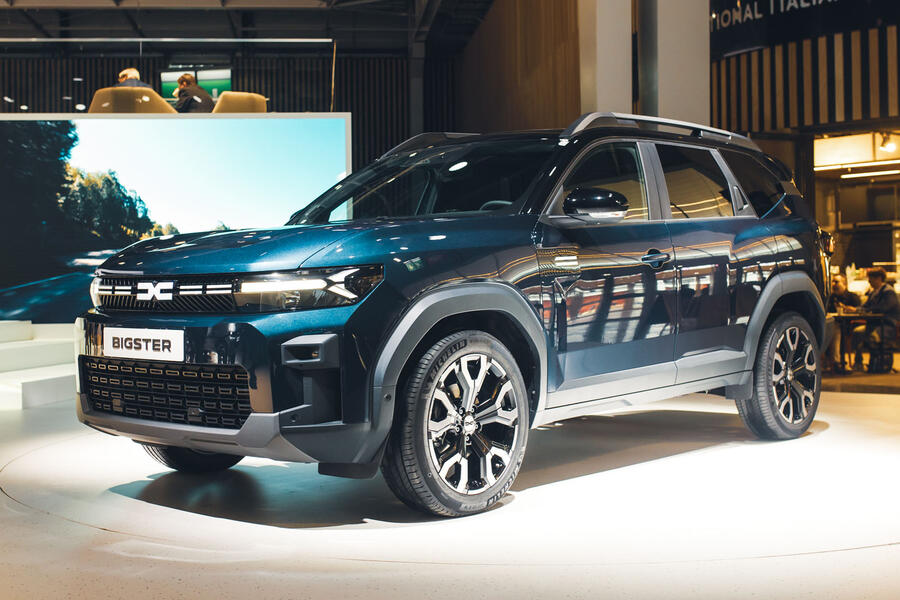
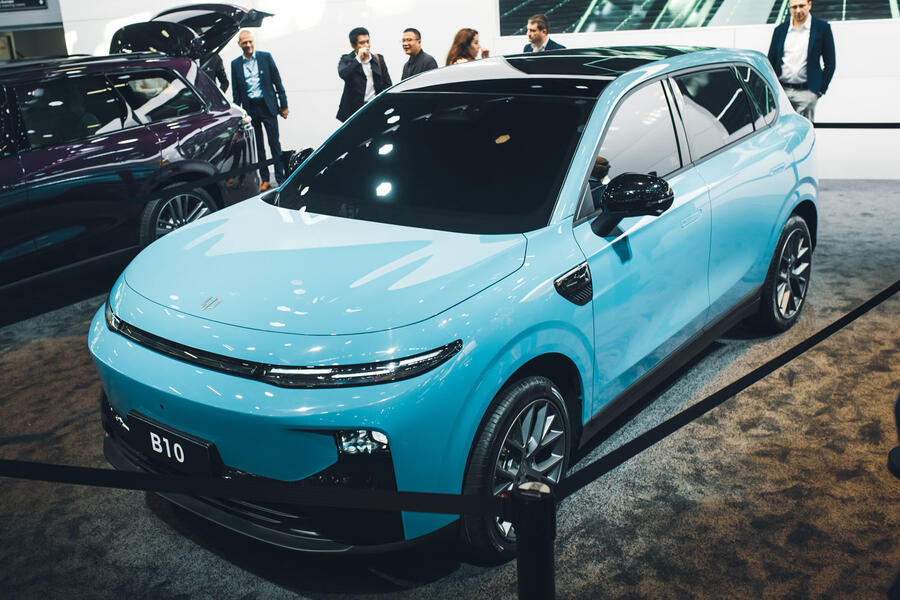
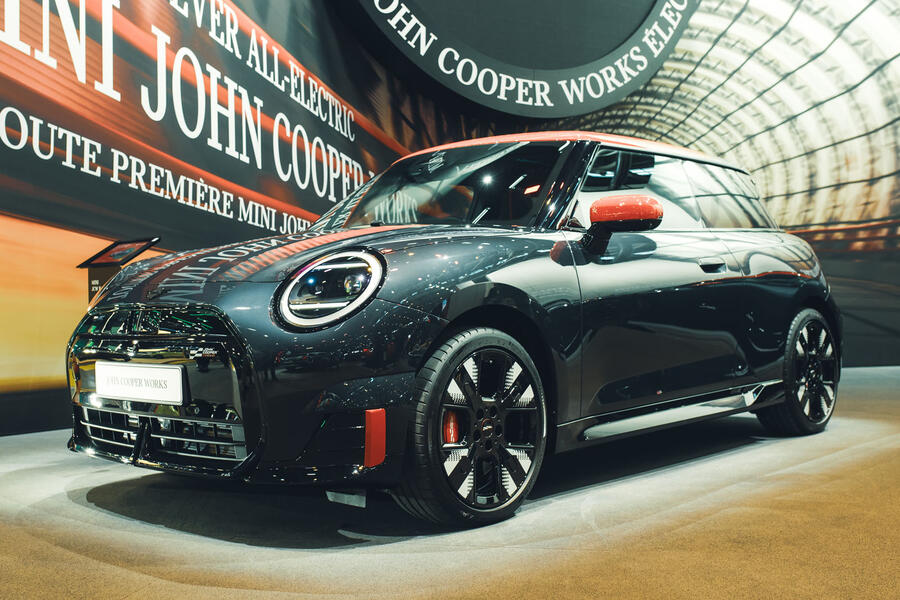

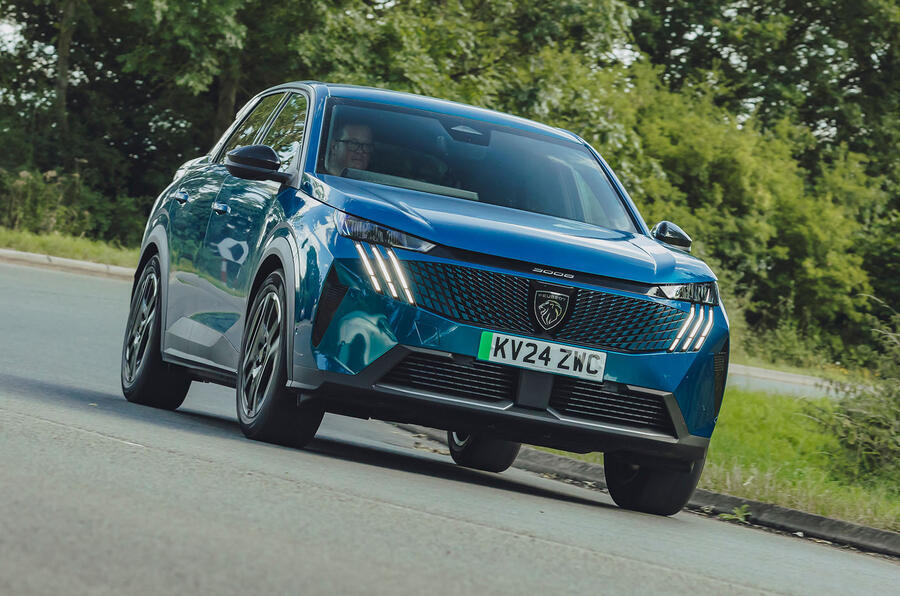
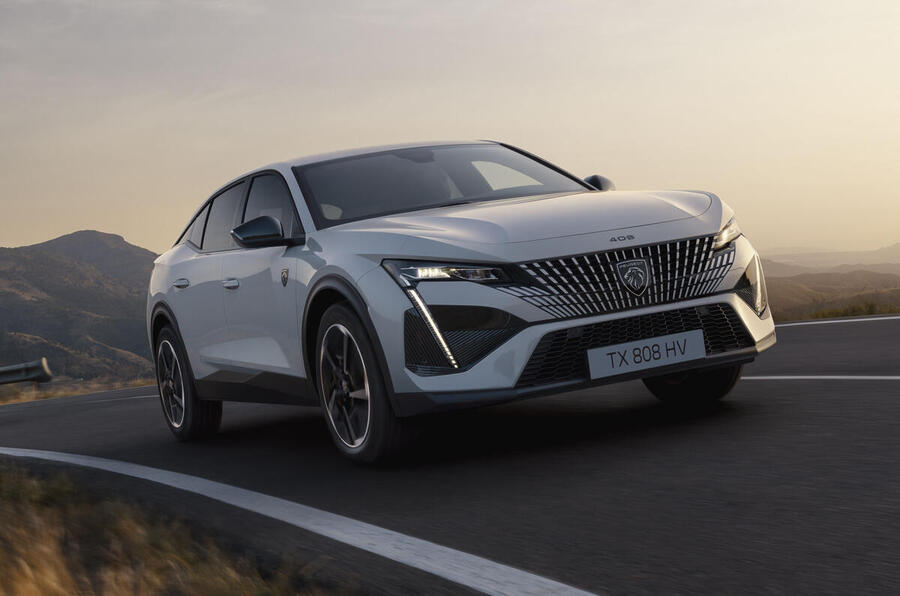
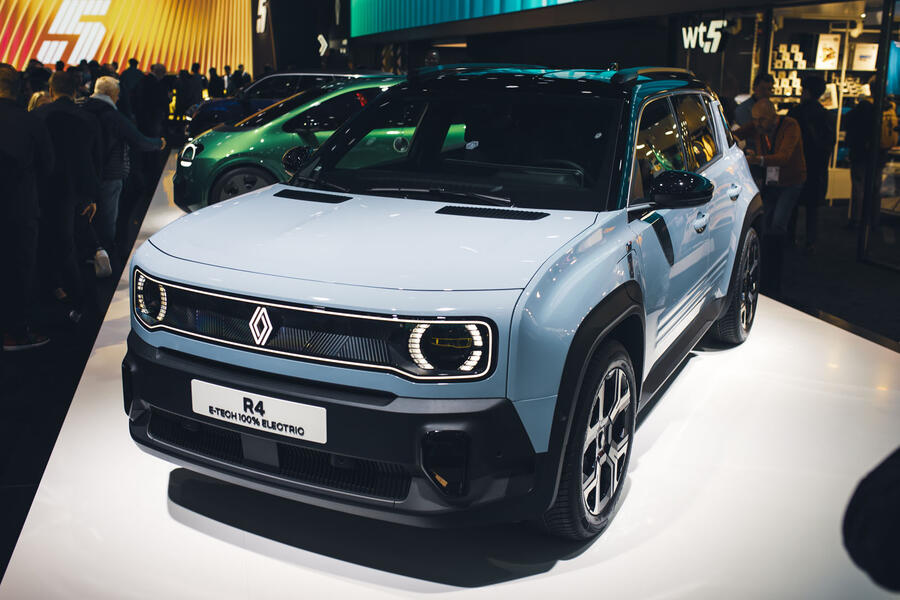

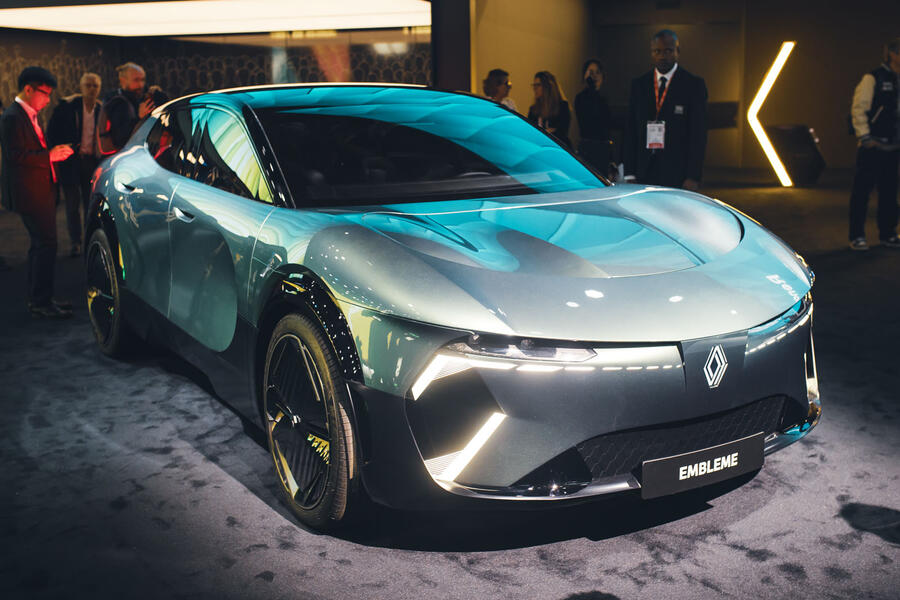
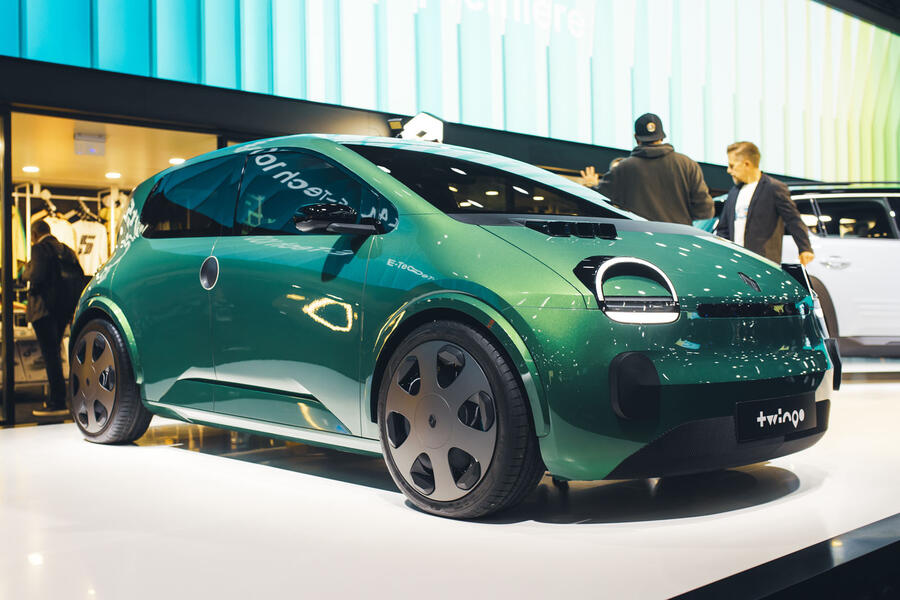
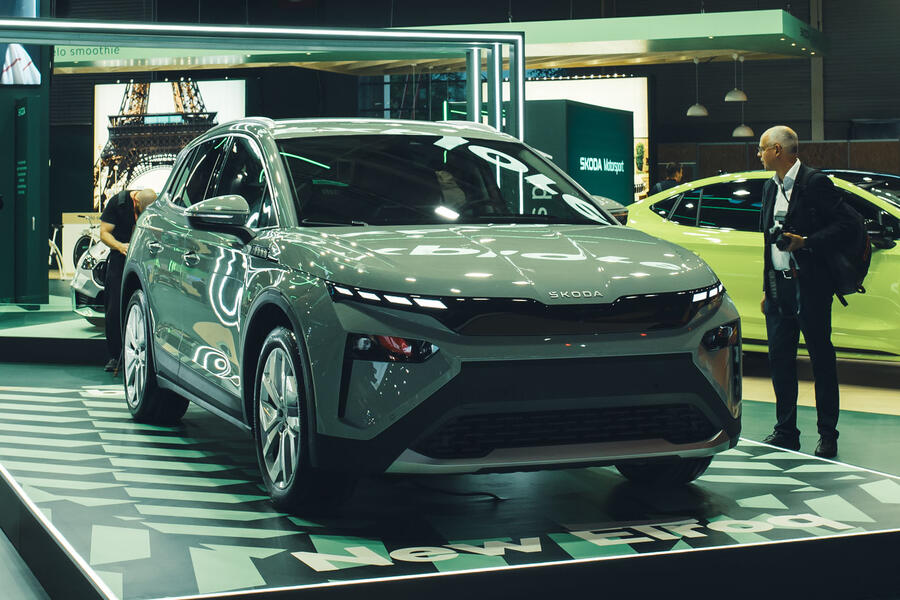
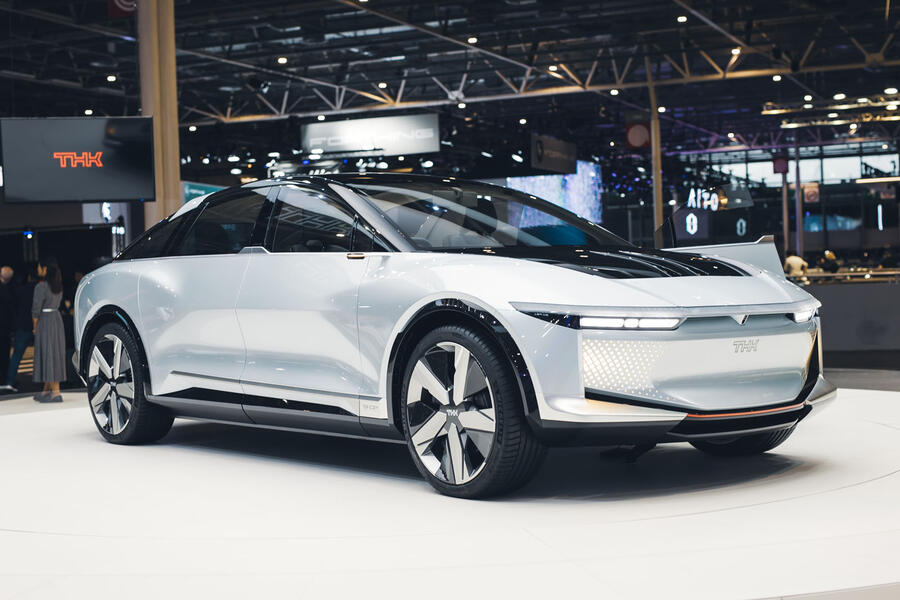







Join the debate
Add your comment
The Audi Q6 is an awful thing to look at. That 'grille'! The refreshed C4 isn't much better.
Design heritage is ever more important to the old European names, in the face of huge challenges and competition. Renault have realised this, some others need to improve, and quickly.
According to the article, 90% of the cars in the Paris motor show are French.